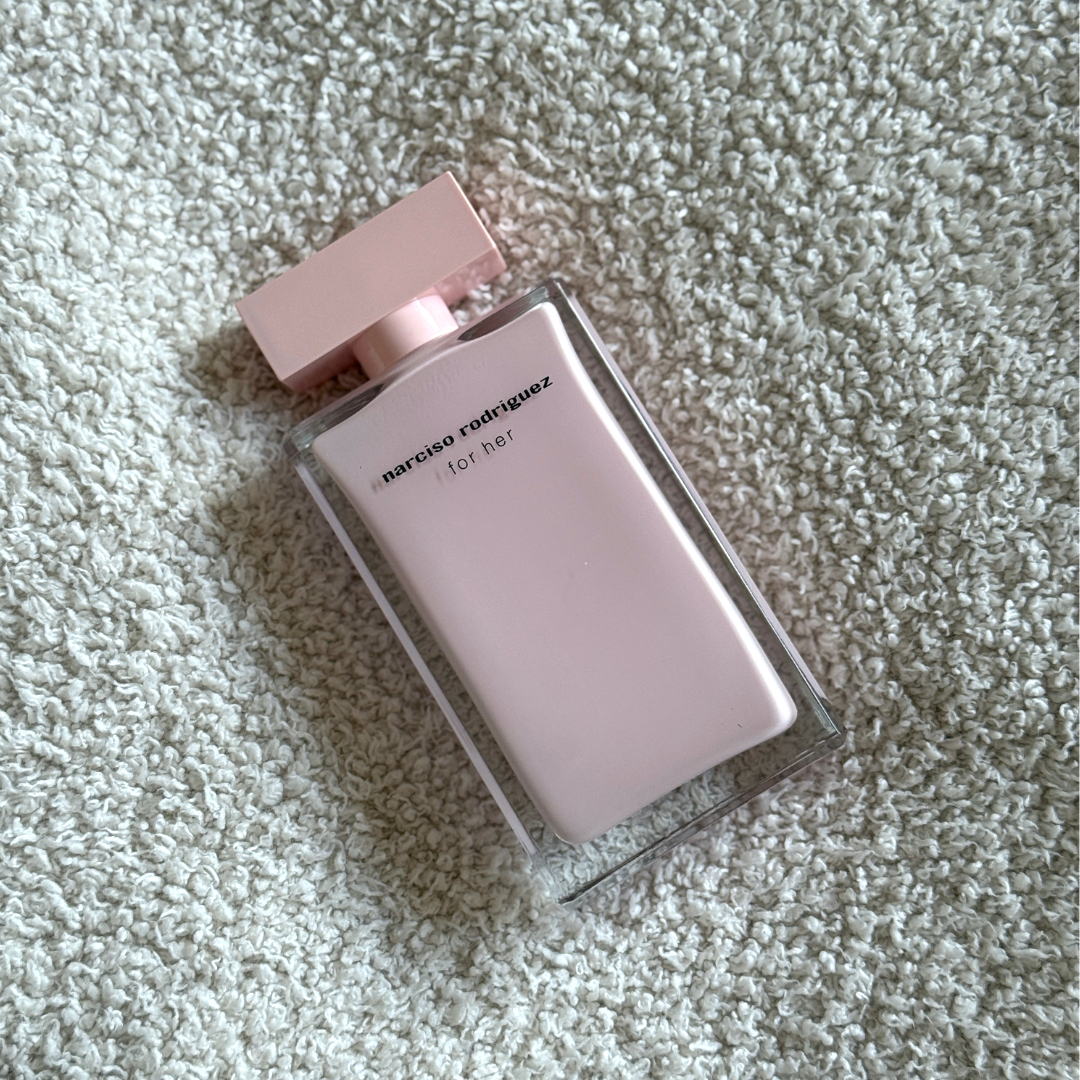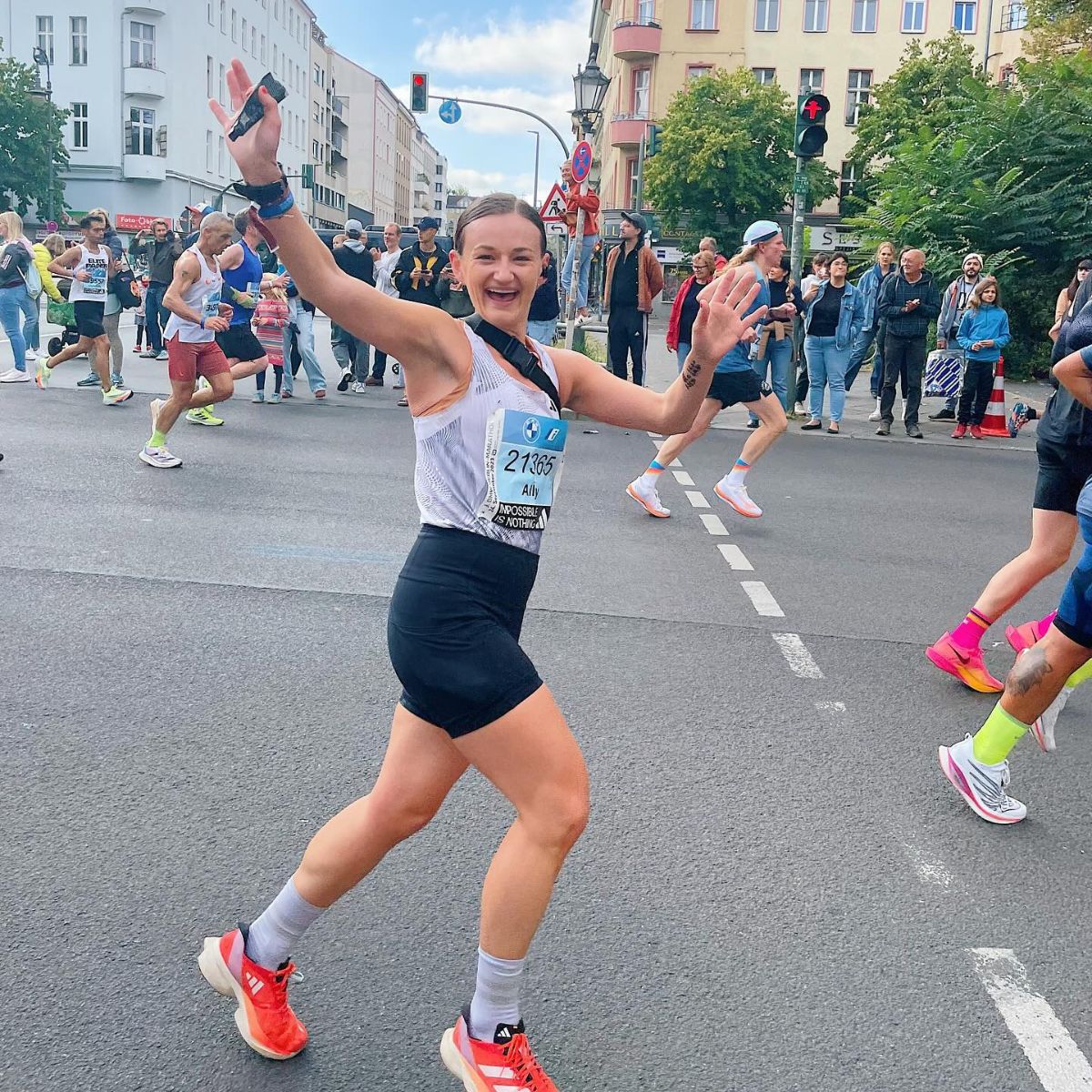Gordon Ramsey's daughter opens up about her PTSD following sexual assault as a teen
Holly Ramsey bravely opens up about her diagnosis...

Holly Ramsey bravely opens up about her diagnosis...
Gordon Ramsey's daughter Holly has shared that she was diagnosed with post traumatic stress disorder (PTSD) at the age of 18.
The diagnosis came after she was sexually assaulted during her teenage years.
As per the NHS website, PTSD is 'an anxiety disorder caused by very stressful, frightening or distressing events'. It's thought to affect about one in every three people who encounter a trauma of some form.
Holly discussed her diagnosis - and the assault - on her new podcast, 21 & Over.
Speaking about her time at university, and subsequently, how her trauma impacted her experience, she shared: "I loved it. It was a very intense course. But by the second half of the first year, I was being affected by my PTSD and I had no idea that this was happening"
She continues: "I was going out a lot, I was missing class because I’d been out. I was going clubbing way too much I wasn’t enjoying myself at all. I was struggling a lot more, but I didn’t notice because I would think it was just a hangover or a lot of work."
Marie Claire Newsletter
Celebrity news, beauty, fashion advice, and fascinating features, delivered straight to your inbox!
Going on to touch on the assault, she explained: "The PTSD was a result of two sexual assaults when I was 18. I didn’t tell anyone about it until a year afterwards. I just buried it in a box in the back of my mind and just tried to get on with everything as best I could."
But after a year of struggling with her mental health, Holly dropped out of university and was admitted as an inpatient to the Nightingale Hospital in Marylebone.
She stayed at the private mental health hospital for three months, and it was there where she was diagnosed with PTSD, anxiety and depression.
Since then, Holly shares that she's been going to therapy three times a week.
She's shared the news on her platform in the hope that talking can help 'break the stigma' surrounding mental health. As she says, 'Asking for help is not only the bravest thing you can do, but it is also your first step to reaching a happier & healthier you.'
If you feel that you are suffering with your mental health, Samaritans are free to call and available 24/7 on 116 123. Or, alternatively, you could book an appointment with your local GP. Remember, they are there to help, should you need it.
-
 Anatomy Of A Wardrobe: TV presenter AJ Odudu is carving out her own lane, one show-stopping look at a time
Anatomy Of A Wardrobe: TV presenter AJ Odudu is carving out her own lane, one show-stopping look at a timeWatch as we take an exclusive look inside AJ's wardrobe
By Lily Russo-Bah
-
 This perfume has been an icon for over 20 years, and for good reason—it’s soft, elegant, and oh so feminine
This perfume has been an icon for over 20 years, and for good reason—it’s soft, elegant, and oh so feminineFeminine but not *too* sweet
By Lucy Abbersteen
-
 Got marathon fever? Trust us: these 12 running accessories will make any distance more manageable
Got marathon fever? Trust us: these 12 running accessories will make any distance more manageableOnce you try these, you won't look back.
By Amelia Yeomans